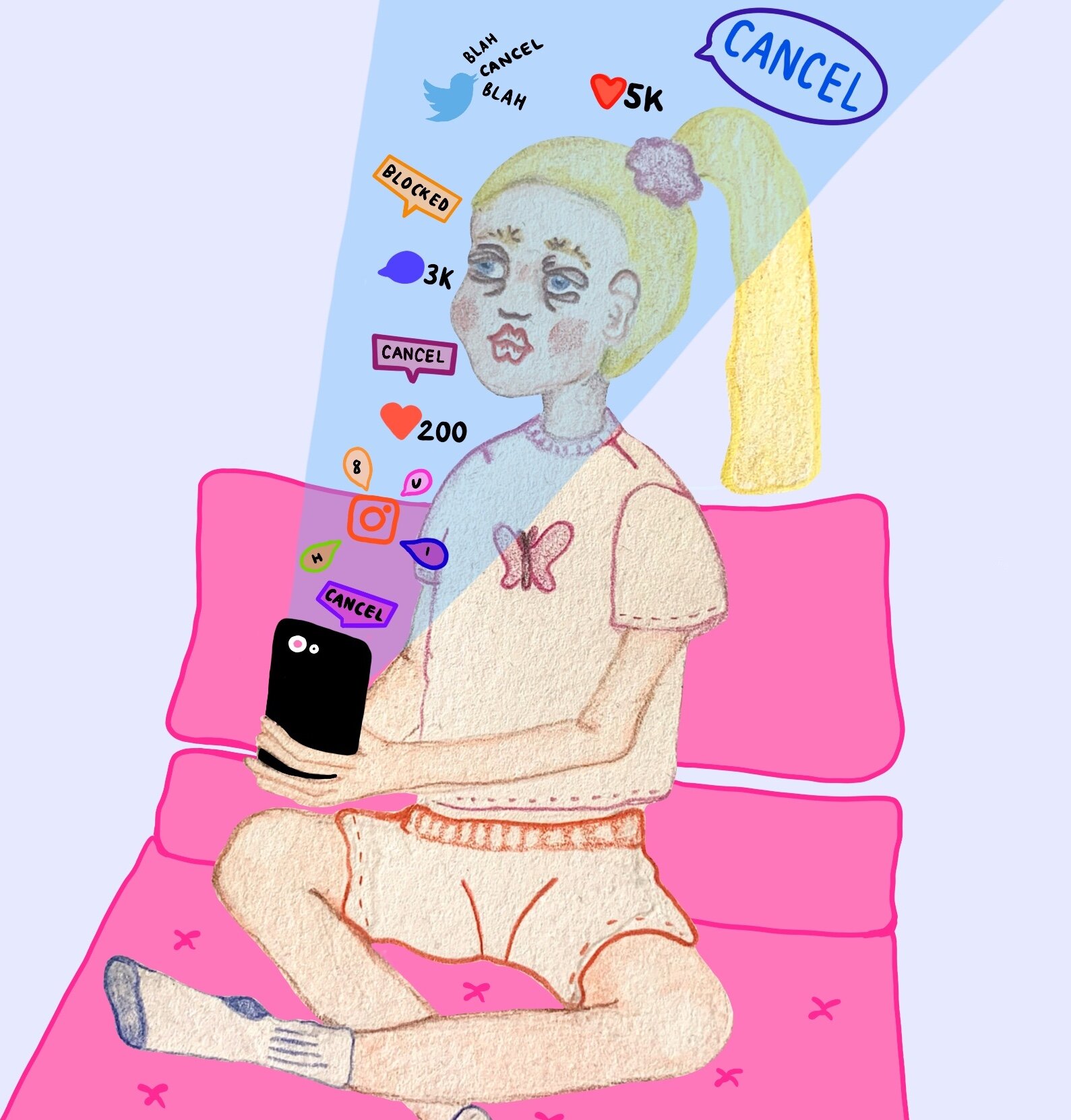Ctrl + Alt + Delete: Digital Communities in Cancel Culture
Ctrl + Alt + Delete: Digital Communities in Cancel Culture
Megan Matthews
Artwork Anna Morrissey

Ctrl + Alt + Delete: Digital Communities in Cancel Culture
Megan Matthews
Artwork Anna Morrissey
